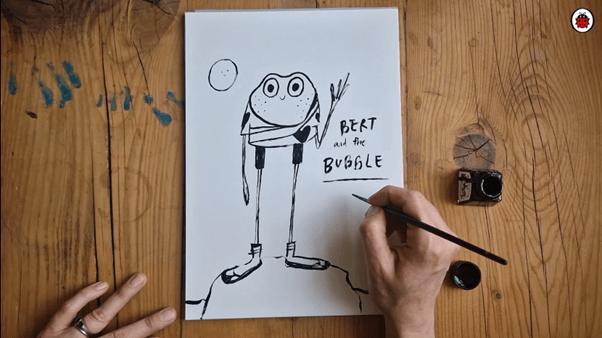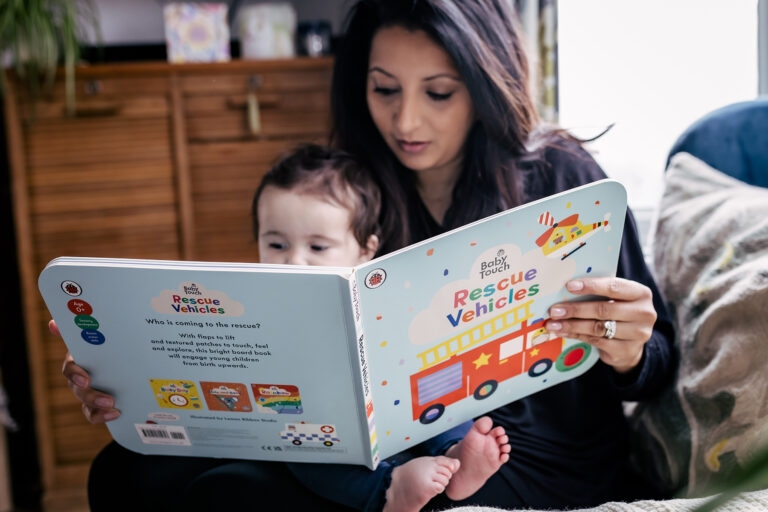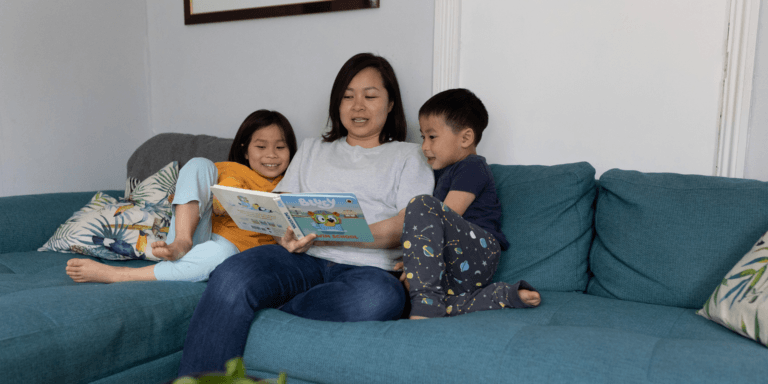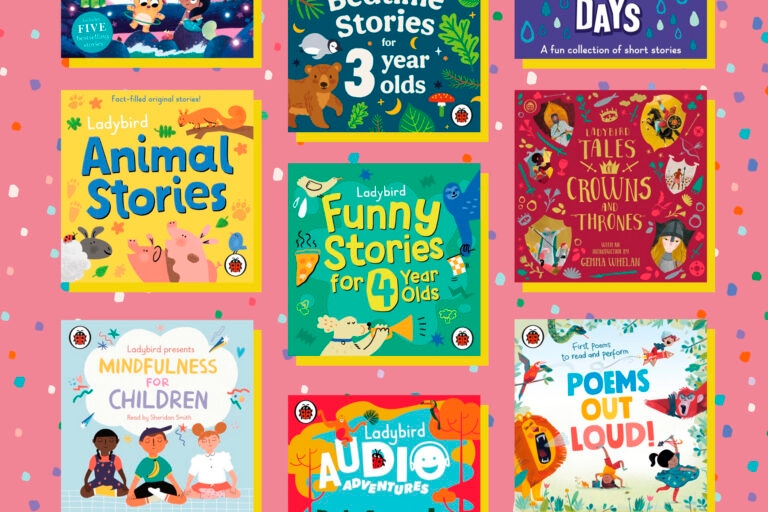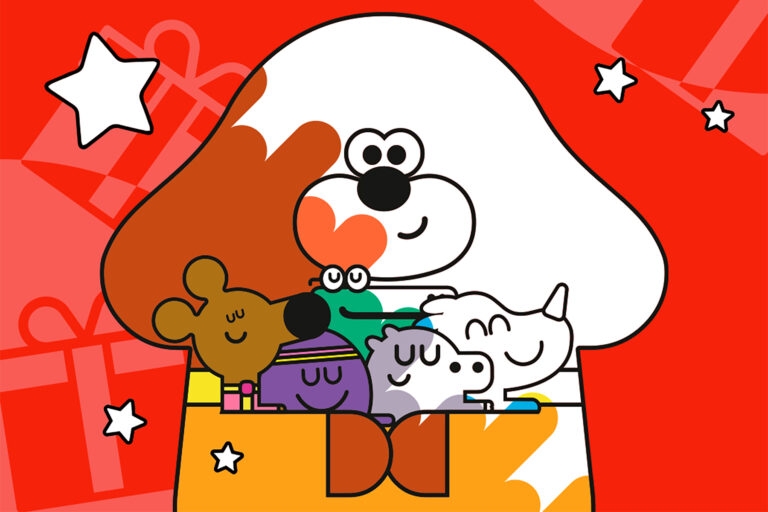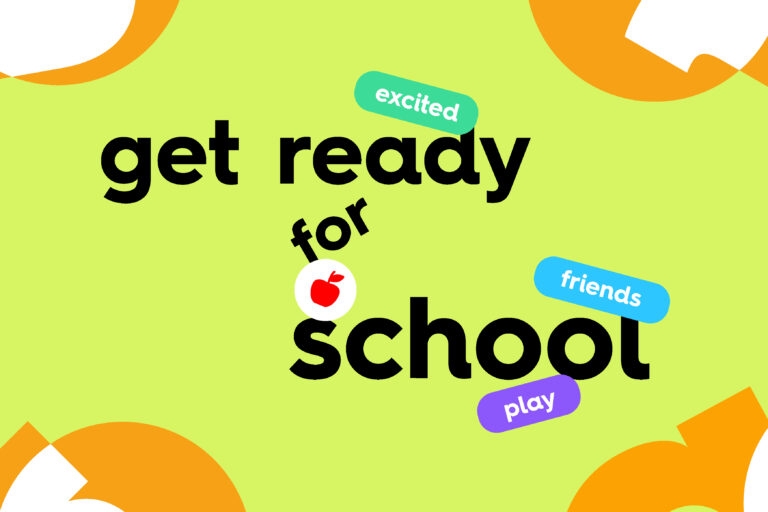Ladybird
We make growing up the best story ever! From your baby’s first book to starting school, at Ladybird we publish something for every milestone. Discover a range of your little one’s favourite characters, from Peppa Pig to Topsy and Tim, and much more.
Favourite friends
Recommended reading
Books for all ages
Activities for kids
Book collections
Ladybird Education bundles
Sign up to the Ladybird newsletter
For updates, exclusive content and more
By signing up, I confirm that I'm over 16. To find out what personal data we collect and how we use it, including for our recommendations, please visit our Privacy Policy.



